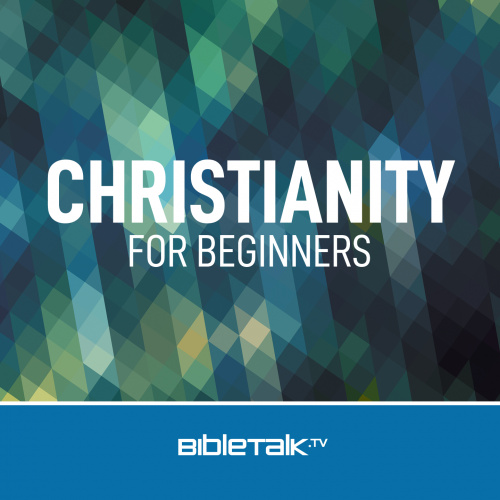What is the Textual Authority for Internal Biblical Inspiration?
Dear Mike,
Where does it state in the Bible that the Bible itself is the only source of authority and who established the Bible's canon?
To my knowledge, the exact 27 books of the New Testament were formally ratified in 393 A.D. at the Council of Hippo and in 397 A.D. by the Council of Carthage. The Council of Rome in 382 A.D. headed by Pope Damasus put forth the 39 books of the Old Testament and the 27 books of the New Testament as the true canon of Scripture thereby rejecting other non-canonical writings which had been recommended during this period.
You ask where is it written in the Bible that it is the only source of authority. For the authors of the Old Testament there was no need to note or offer proof of authority for their writings. They assumed that their readers understood that what they were reading was the revelation of God and thus authoritative, and so no internal evidence is formally presented. Note that according to Josephus (Jewish historian of the first century) the canon of the Old Testament (Hebrew Bible "Tanakh") had been established by the first century.
In the New Testament there are several passages to indicate that the writers themselves were communicating the revelation of God with their writings thereby having Divine authority. For example, Peter's reference to Paul's writings as inspired (II Peter 3:16; I Corinthians 2:13; I Corinthians 14:37) where Paul claims authority for his teaching through personal inspiration.
The passage that I think you are looking for, however, is Jude 3 where Jude states that "the faith" meaning the body of inspired Christian teaching, was given once and for all (time) to the saints. To my understanding this meant that by the time Jude wrote his epistle the whole body of revelation concerning Christ was delivered to the church (of course in various forms to be collected into one canon by the guidance of the Holy Spirit). For this reason I believe that the Bible teaches that there are no new doctrines or revelations possible beyond what we already have in the New Testament.
Of course this is an automatic protection from the various doctrinal inventions of man which have proven to even contradict Scripture and New Testament church practice. The Catholic Church may give itself authority to declare new doctrines not even found in the New Testament (Celibacy of the priesthood, the Assumption of Mary, The Infallibility of the Pope) to name a few, but none of these things are supported by Scripture itself. Of course, as a former Catholic, I mention these but there are any number of similar departures by Protestant denominations and various sects that claim Christ as Lord. The only authority the church has is the authority given it by Scripture. The church has no right to change, add or subtract what is clearly written in Scripture (Revelation 22:18; Proverbs 30:5-6).
I am glad to hear that your Catholic experience has included Bible study, this however, has not always been the case as I can attest to having taught in Catholic schools in the 1960s, where all I needed was the course syllabus and a Catechism to teach my class the section on religion. It was my own reading of the Bible that eventually led me to seek something more authentic than the monolithic Catholic Church in Quebec where I grew up, a place where Bishops and Cardinals lived like princes and worship was centered on man-made doctrines and rituals that did not resemble at all the life, practice and teachings I could clearly read for myself in the Bible.





